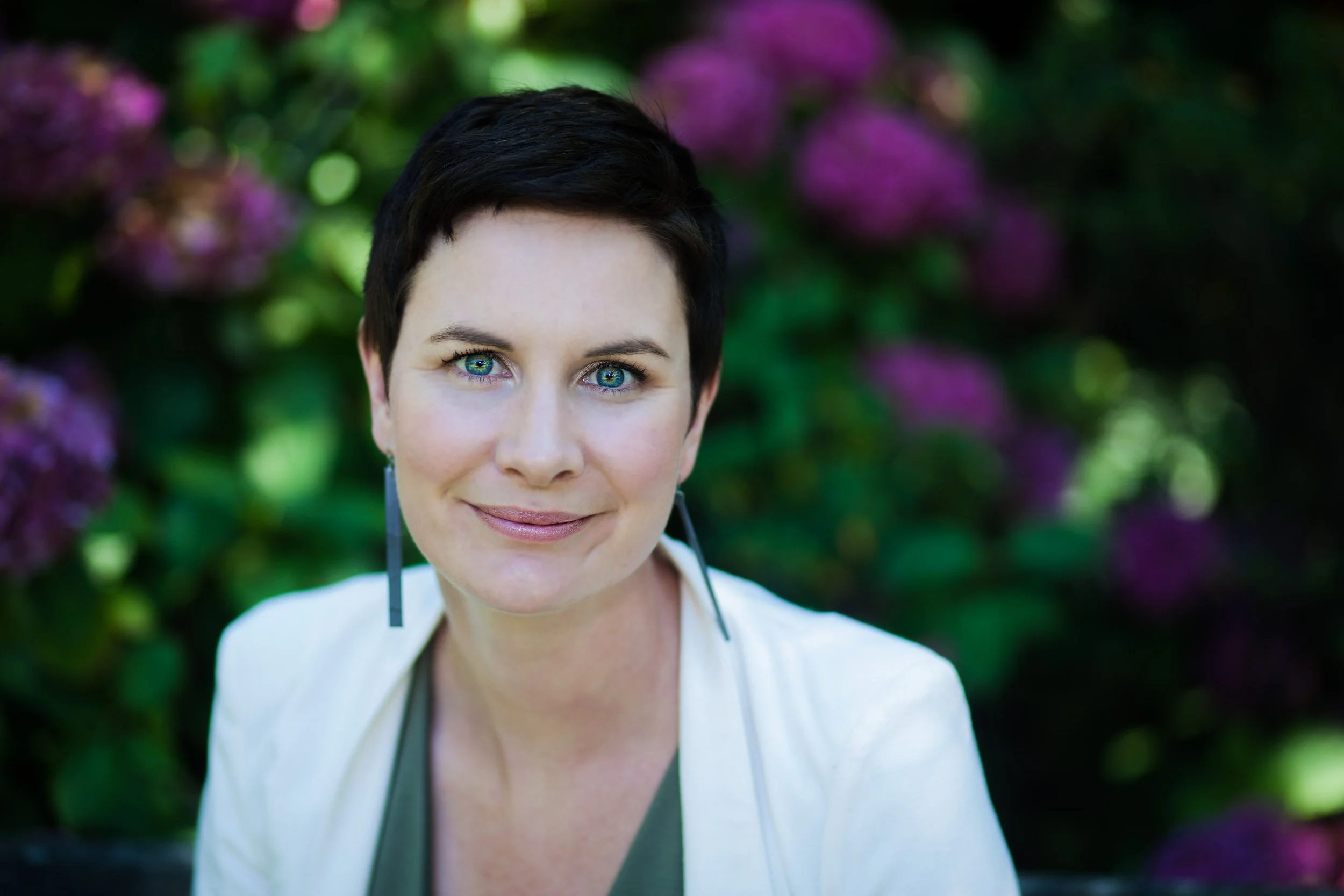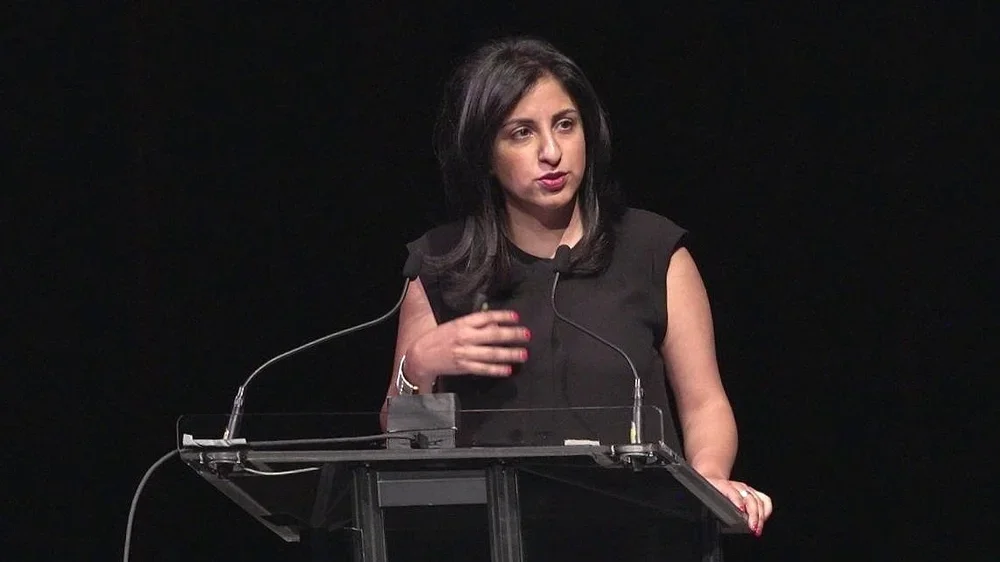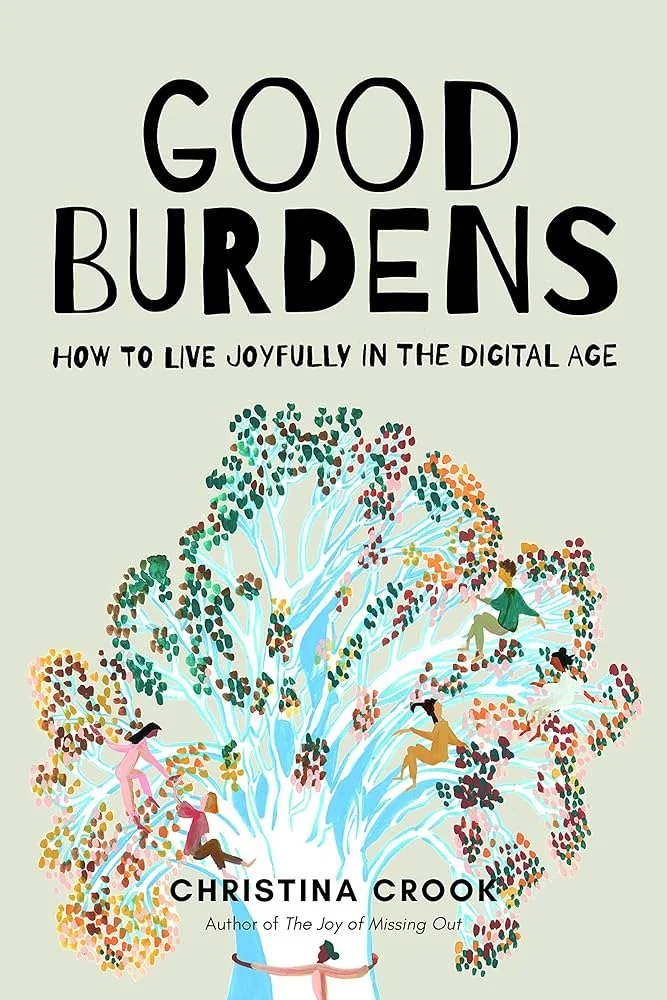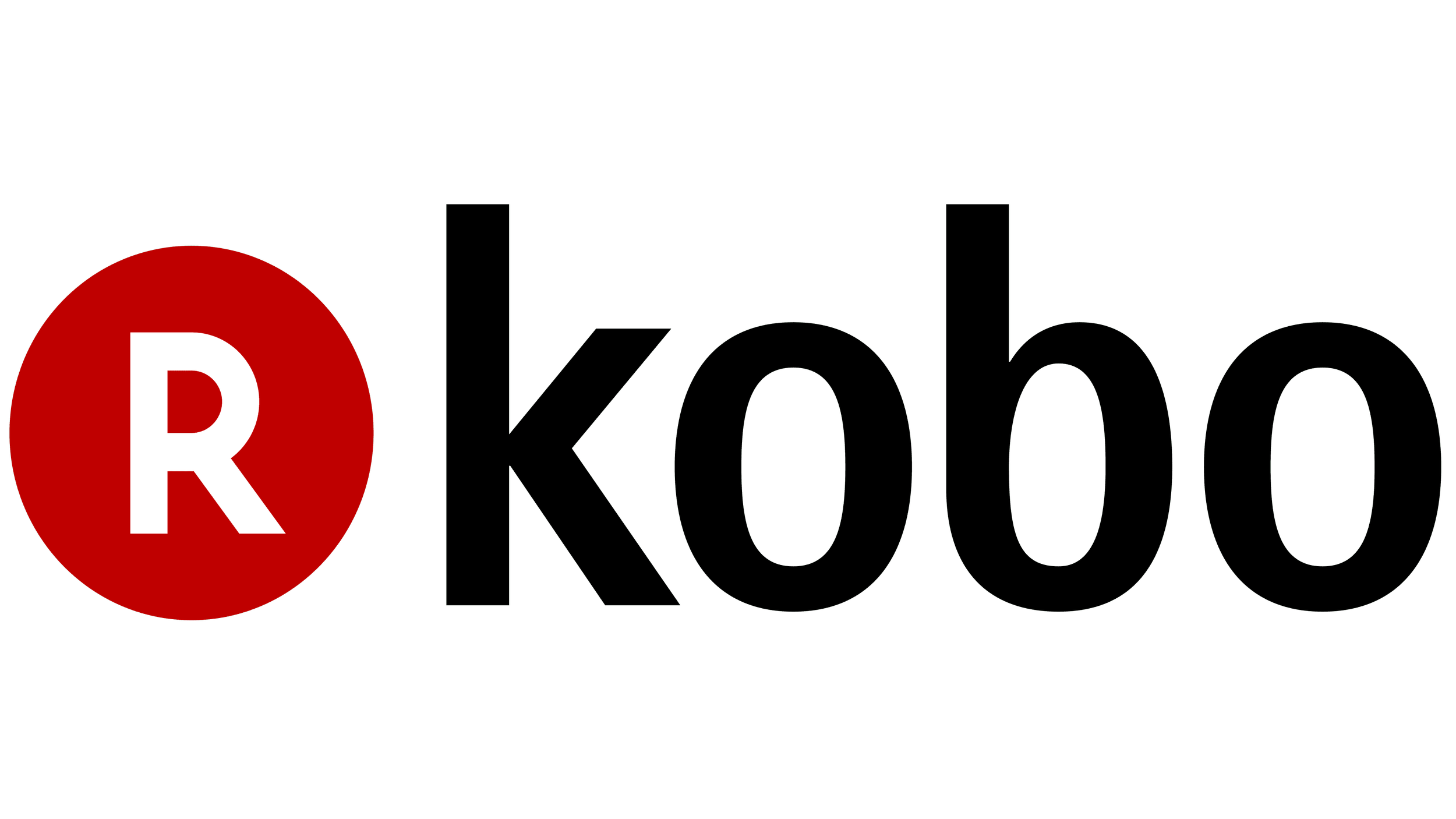
Helping you bring joy to those around you.
Through data-driven habit building and resources, there is hope in finding joy again outside of the digital world.
About JOMO
JOMO is the joy of missing out on the right things—life-taking things like toxic hustle, comparison, and digital drain. The JOMO journey began in 2012 when tech entrepreneur Anil Dash coined the term ‘the joy of missing out’ on his blog. Shortly after, New Society Publishers published The Joy of Missing Out: Finding Balance in a Wired World by Christina Crook.
Community-wide change
Our approach extends beyond the student: it engages teachers, families, and the full school community to build collective wellness and lasting culture change.
01
Faith-rooted, not fear based
We build students’ digital habits on purpose, rooted in understanding and connection—not fear or shame.
02
Easy to implement
With guided tools, coaching, and turnkey modules, JOMO makes it simple for your team to lead confidently and sustainably.
03
“JOMO makes going phone free so natural, even exciting. Looking forward to the future of this initiative!”
Dan Cirone, Principal at Eastern Christian School
Meet Our Team
Get to Know Our Advisors
About Christina
Christina Crook is a pioneer in digital well-being and a leading voice on mindful technology use. She’s the award-winning author of The Joy of Missing Out and Good Burdens, and the founder of JOMO Campus, a digital wellness education platform helping people and organizations thrive in a hyperconnected world.
-
As the founder and CEO of JOMO Campus, Christina helps schools, teams, and communities cultivate focus, creativity, and connection through intentional tech use. She has collaborated with organizations such as Oxford University, Adobe, Gimlet Media, and Shopify to advance digital wellness practices globally.
-
As a certified digital wellness educator and host of JOMO Cast, Christina interviews global leaders on how embracing “the joy of missing out” fuels creativity and success. She teaches The JOMO Method, an actionable framework for living with balance and meaning, and has been recognized as a changemaker by All Tech Is Human’s Responsible Guide to Tech.
-
Christina’s books, The Joy of Missing Out and Good Burdens, explore how living intentionally can lead to greater fulfillment in the digital age. Her ideas have been featured in The New York Times, Harper’s Bazaar, and Psychology Today, inspiring readers to find joy beyond the screen.
Speaking Topics
-
Christina Crook’s keynote offering introduces your audience to the meaning and value of the Joy of Missing Out: the personal and professional costs of FOMO, the elements of lasting and meaningful joy, and the life-giving, scientifically-proven power of warm human relationships. She’ll present the evidence-based realities of how toxic hustle, digital isolation, and faulty goal-setting lead to declines in well-being and engagement and how to get them back.
Conference and retreat keynote -
Social media invites unlimited, unrelenting comparison. In this talk, we unpack the pitfalls of social contagion (wanting what others have) and unlock the simple game-changing strategy that stops it. Studies show that people who are happiest with technology use it differently. Based on Christina’s extensive one-on-one work exploring values and goal setting, participants assess how their values align or misalign with their tech use, learn the principles of digital well-being and take practical steps to declutter their devices in real-time.
Legal, corporate and academic workshop -
Are you stuck spending your spare time staring at screens even though you've already spent 9 hours doing virtual medicine because you’re too tired or unsure what to do instead? Are you finding you’re using social media and mindless online scrolling more and more as an escape? Given the virtual work structures in your life, are you finding it challenging to set boundaries around time on your device? Do you feel like your phone and computer are hijacking your bigger, deeper goals? If all or any of these are true, then this workshop on Building Digital Immunity is for you.
Medical professionals keynote
-
Today’s student has never existed without technology; as a result, we know that their attention spans are low, and their learning styles demand entertainment. We also know they are aware of their distraction and experiencing more digital overwhelm than ever. In this talk, Christina Crook will help us explore aligning our values with intentional technology use in and out of the classroom to prioritize well-being, engagement and academic success. What if we can learn from the months and years of the pandemic, not as a brief deviation from our steady march toward a promised destination but as a valuable lesson in digital technology’s limitations and the kind of educational experience we really want?
Faculty or school administrator keynote
Downloadables
Press Photos
Christina Crook’s Bio
Books
Christina Crook’s The Joy of Missing Out and Good Burdens reimagine what it means to live well in a digital age — inspiring readers to slow down, reconnect, and choose what truly matters.



















